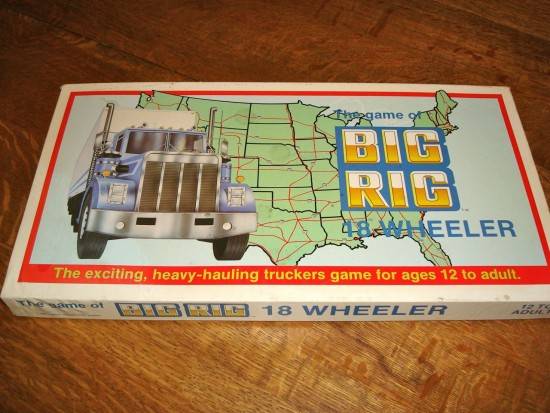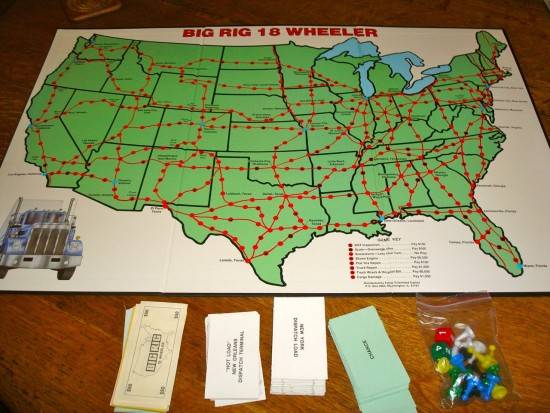 Jay Bennett was a pack rat. Ruled, it seems, by an impulse to hold on to things other people would have discarded and forgotten, Jay amassed during his too-brief life a lot of, well, stuff. Stuff you’d imagine a great musician who loved learning would gather (such as records, tapes, instruments, recording and stereo equipment, tour memorabilia, and Henry Giroux and Ivan Illich books) but also stuff held onto for the simple yet sufficient reason that nobody else was going to try to keep it from being dumped in a landfill and forgotten forever.
Jay Bennett was a pack rat. Ruled, it seems, by an impulse to hold on to things other people would have discarded and forgotten, Jay amassed during his too-brief life a lot of, well, stuff. Stuff you’d imagine a great musician who loved learning would gather (such as records, tapes, instruments, recording and stereo equipment, tour memorabilia, and Henry Giroux and Ivan Illich books) but also stuff held onto for the simple yet sufficient reason that nobody else was going to try to keep it from being dumped in a landfill and forgotten forever.
Photo by Steve Shields.
Here’s the place for a sententious line about how “sometimes we encounter things into which so much energy and effort and human life have gone into creating that these things make an ethical claim upon us and that it’s our duty to prevent that life from being forgotten by buying these things from a garage sale for a dollar and then holding on to them even if you’re just going to lean the things against the wall in the kitchen for now” — a line I told myself to justify buying a framed image of a tall ship made in string art at the News-Gazoo garage sale. It’s kitschy crap, but it would have gone in the dumpster otherwise and think about all the afternoons someone spent doing whatever-the-verb-form-of-string-art-is just to make it. I suppose I believe the line; I think Jay really believed it.
Guided in part, perhaps, by this ethical relation to stuff, Jay hoarded boxes full of matchbooks or discarded Lite Brites or rubber bands or baseball caps and catalogued them according to his entirely idiosyncratic yet meticulous and useful system. There are enough Lite Brites in the world that the things run no risk of being forgotten; more unique things, however, can easily be lost forever even if just by accident. (Read Sebald, you’ll see!)

In the latter case, Jay could be a minor savior: for instance, at some point during his life Jay acquired and held on to copy of the board game Big Rig 18 Wheeler. Who knows how many of these were produced, but the game’s sufficiently rare and/or non-notable that even the usually completist database at boardgamegeek.com includes just two images, a tiny bit of info about the rules, and a blurb from the back of the box.
“Well, who cares…” …except that the game seems to have been designed and produced in Bloomington, Illinois, by a game designer whose work, if not for serendipity, would have been forgotten. According to its box, board, and instructions, Big Rig 18 Wheeler was copyrighted in 1985 by its distributor “Family Orientated Games,” an awkwardly-named concern with an address at a Bloomington post office box. The game credits as its designer Ronald Koloff, Sr. and since my cursory Google search revealed nothing substantive about either name, I’m going to speculate mildly and imagine that Big Rig 18 Wheeler was self-published and that therefore very very few copies of this ever existed, even in ’85.
(Incidentally, aside from the shared theme this Big Rig bears no relation to this other Big Rig family game.)
I hesitate to call the game a “lost treasure” of central Illinois. Maybe “an almost completely forgotten thing that someone around Bloomington once devoted time, energy, and thought to making” of central Illinois would be better. But because Jay saved this thing, we got a chance to play it a few weeks back.

Big Rig 18 Wheeler is a starkly existential game in which players drive trucks across unlabeled — yet accurately depicted — U.S. interstate highways for meager earnings and the chance to endure a succession of hardships: capriciously collected taxes, mechanical failures, impassable snowstorms, gambling losses, usury, property destruction, and impossible-to-pay medical bills. Likely because there’s many more ways to lose the game than to win, the instruction booklet doesn’t define an end to the game but instead just suggests that you play for 3 hours — or for however long you can stand it.
You can buy new trucks to create a fleet… provided that you’re willing to borrow tens of thousands of dollars from the bank to purchase a truck that will earn about $1,000 for each delivery. You can make illicit deliveries (the game calls them “Hot Loads”) as long as you’re willing to forsake being paid if something accidentally goes wrong. You can amass a large cash reserve to buoy your apparently growing trucking conglomerate and then roll the wrong number and immediately go bankrupt.
If I learned one thing from playing this game, it’s that trucking is an impossible way to make a living (or, at least, it was during the game’s-imagined-Reagan-’80s). If I learned two things, the other’s that banking is a great way to make a living, because the bank controls everything in the game and even operates all the game’s functions of governance. Big Rig 18 Wheeler sure instructs even if it doesn’t delight.
But I don’t mean to write a negative review of a 25 year old board game. I’d prefer to offer gratitude for the myriad fortuitous circumstances that made it possible for me to play Big Rig 18 Wheeler in 2010. So: thanks Ronald, thanks Jay, thanks friends, et cetera.








